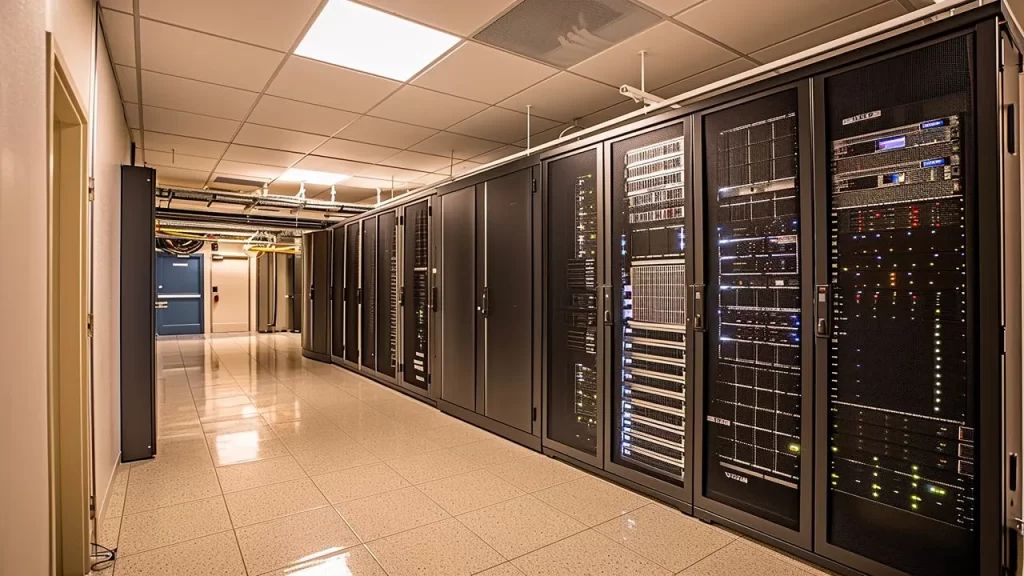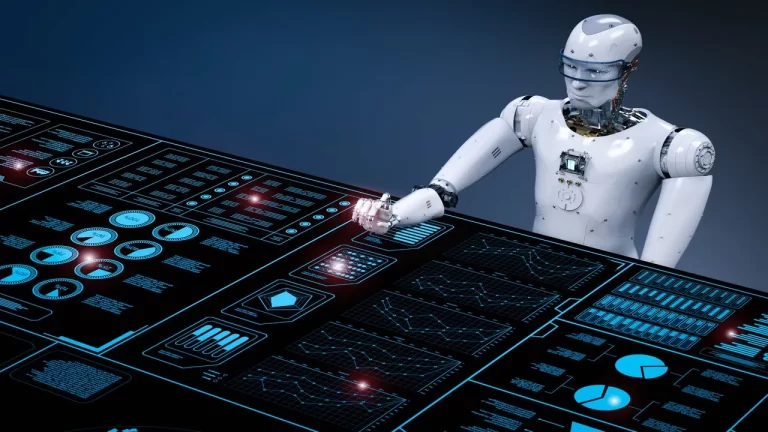In a recent discussion, Eric Schmidt, the previous Google CEO, addressed future artificial intelligence (AI) infrastructure development by proposing that its top systems should operate from protected distant sites to safeguard against nation-state attacks. During an interview, Schmidt made predictions about future United States and Chinese decisions to operate a few powerful systems that can perform autonomous inventions. The infrastructure would gain maximum security by being located on military bases where it would use nuclear power and receive physical protection through barbed wire fences and armed security personnel.
Schmidt presents his vision because the quick advancement of AI systems has raised critical regulatory framework issues. Traditional oversight mechanisms will struggle to monitor the high learning capabilities of approaching AI systems according to his calculations. The physical placement of secure AI data center infrastructure in remote locations serves government objectives to gain control over its development and deployment process to reduce potential risks stemming from wrong use or adverse side effects.
Schmidt Predicts AI Supercomputers in Military Facilities
In his forecast, Eric Schmidt predicts that world-class AI systems will operate from military bases. He predicts the development of modern computers at an advanced stage by both China and the United States, which will need extensive security protocols. The systems would operate from military bases utilizing nuclear power sources under physical defense through barbed wire fence security combined with guard presence. The regulation employs access control mechanisms to guarantee responsible use of these potent technologies because of worries about improper utilization.
Through his research, Schmidt indicates that AI systems will rapidly expand their capabilities to learn and collaborate at fast speeds. The fast pace of technological innovation creates immense problems for regulatory institutions since their traditional supervisory methods might fall behind modern developments. The forward movement of AI systems toward autonomous communication and decision-making requires strong oversight frameworks to guide their adoption in society.
AI’s Energy Demands vs. Climate Goals
AI technology growth increases energy use mainly because data centers require high amounts of power. Schmidt agrees with the problem yet highlights that AI energy needs could jeopardize current climate targets. He argues that even though efforts to enhance data center efficiency exist, the rapid expansion of AI products may surpass such attempts, creating obstacles toward achieving carbon neutrality. develop solutions to environmental problems although it poses such challenges, according to Schmidt. Using AI technology, society should be able to develop new methods that help reduce carbon emissions and strengthen sustainability. Investors should maintain their AI infrastructure support as the problem-solving abilities of AI systems might reduce their environmental impact in the long term.
Nation-States Competing Over Big Data
Schmidt had previously mentioned the essential role of big data strategically since states will compete for its control due to analytics and algorithm development value. The digital era requires nations to compete for control of data acquisition potential alongside its processing capabilities because data functions as a vital component in this modern age. Nation-states will invest significantly in data infrastructure because the competition affects world power relations by providing economic and strategic advantages. The current competition to dominate data access requires both cross-border partnerships and standardized rules that regulate how data is managed.
AI’s Dual-Use Nature and Security Concerns
Schmidt highlights that all technological advancement has a dual-use, including AI which can be misused. While explaining this duality, he underscored how robust securitization is required to prevent any negative exploitation. Schmidt’s explanation highlights the need for more control. There are risks that inventors and developers need to watch out for and control before the technologies escalate.Regulatory and ethical considerations will provide the basis for responding to security concerns related to the deployment and use of AI applications. Considering what AI can do ahead of time allows stakeholders to minimize malefic outcomes and helps ensure that AI benefits the world. Schmidt’s lessons capture many issues integrated into AI development, including data center security, ecological, geo-strategic competition, and regulatory and ethical responsibility.








